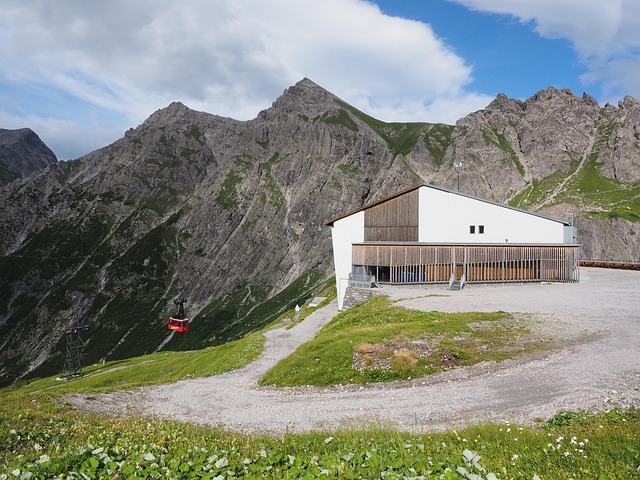Ranching, born from community sustenance needs, boomed with North America's westward expansion, later industrializing thanks to tech advancements and rail transport. Large-scale land consolidation occurred as wealthy individuals and corporations sought diversification and resource security. Historical trade routes connected remote ranchlands with bustling markets, facilitating the exchange of livestock and animal products. The evolution of ranch real estate, from communal grazing on public lands to formalized private ownership, has significantly impacted operation strategies and conservation efforts worldwide.
The rich history of ranching and trade intertwines with the evolution of landscapes and economies. From its early practices, ranching has transformed into a complex industry driven by industrialization and market dynamics. Trade routes played a pivotal role in shaping the ranching economy, facilitating exchange and fostering growth. Simultaneously, land use and property rights have undergone significant shifts, reflected in evolving legal frameworks that continue to influence ranch real estate today.
The Emergence of Ranching: From Early Practices to Industrialization

The origins of ranching can be traced back centuries, with early practices evolving alongside the needs of communities and their environments. Initially, ranching was a means of sustenance, involving small-scale herding of livestock for meat, milk, and wool. As human populations grew and expanded into new territories, so did the practice of ranching, driven by both necessity and opportunity. The vast expanses of untapped land in North America became fertile ground for this activity, with pioneers recognizing the potential for raising cattle on the abundant open ranges.
The industrialization of ranching marked a significant turning point in its history, transforming it from a localized, subsistence-based practice into a more commercial enterprise. Technological advancements played a pivotal role, introducing innovations like rail transport and refrigeration that facilitated the efficient movement and preservation of livestock products. This period also saw the consolidation of real estate, with large landholdings being acquired by wealthy individuals and corporations who invested in ranching operations as a means of diversifying their portfolios and securing valuable resources.
Trade Routes and Market Dynamics: Shaping the Ranching Economy

Trade routes have historically been vital in shaping the ranching economy, connecting remote pastoral lands with bustling market centers. These routes facilitated the exchange of goods and services, fostering a dynamic interplay between ranchers and urban consumers. The availability of vast real estate suitable for grazing meant that ranchlands became key stops along these trade networks. Along these corridors, livestock was herded towards markets, where they were sold to meet the growing demand for meat, wool, and other animal products.
Market dynamics played a crucial role in determining the value and profitability of ranching ventures. The rise and fall of prices influenced by supply and demand driven by both local and international trade routes impacted ranchers’ decisions regarding livestock breeding, land management, and investment in infrastructure. Understanding these historical trade routes and their market implications offers valuable insights into the economic evolution of the ranching industry.
Land Use and Property Rights: Evolving Legal Frameworks in Ranch Real Estate

The evolution of ranch real estate is deeply intertwined with the land use and property rights frameworks that have shifted over time. Historically, ranching involved vast swaths of public lands, where communal grazing was the norm. However, as civilizations grew, so did the need for formalized land ownership and management. This led to the establishment of legal frameworks that transformed how ranches were established, operated, and passed on. The shift from communal to private property rights in ranchlands brought about significant changes in real estate practices, enabling more precise land use planning and investment strategies.
Today, the real estate aspect of ranching encompasses not just the physical land but also related assets like water rights, infrastructure, and historic buildings. Evolving legal frameworks have paved the way for sophisticated property transactions, conservation efforts, and partnerships that preserve the rich history and ecological value of ranchlands while accommodating modern management practices. This dynamic interplay between law, history, and real estate continues to shape the landscape of ranching industries worldwide.






